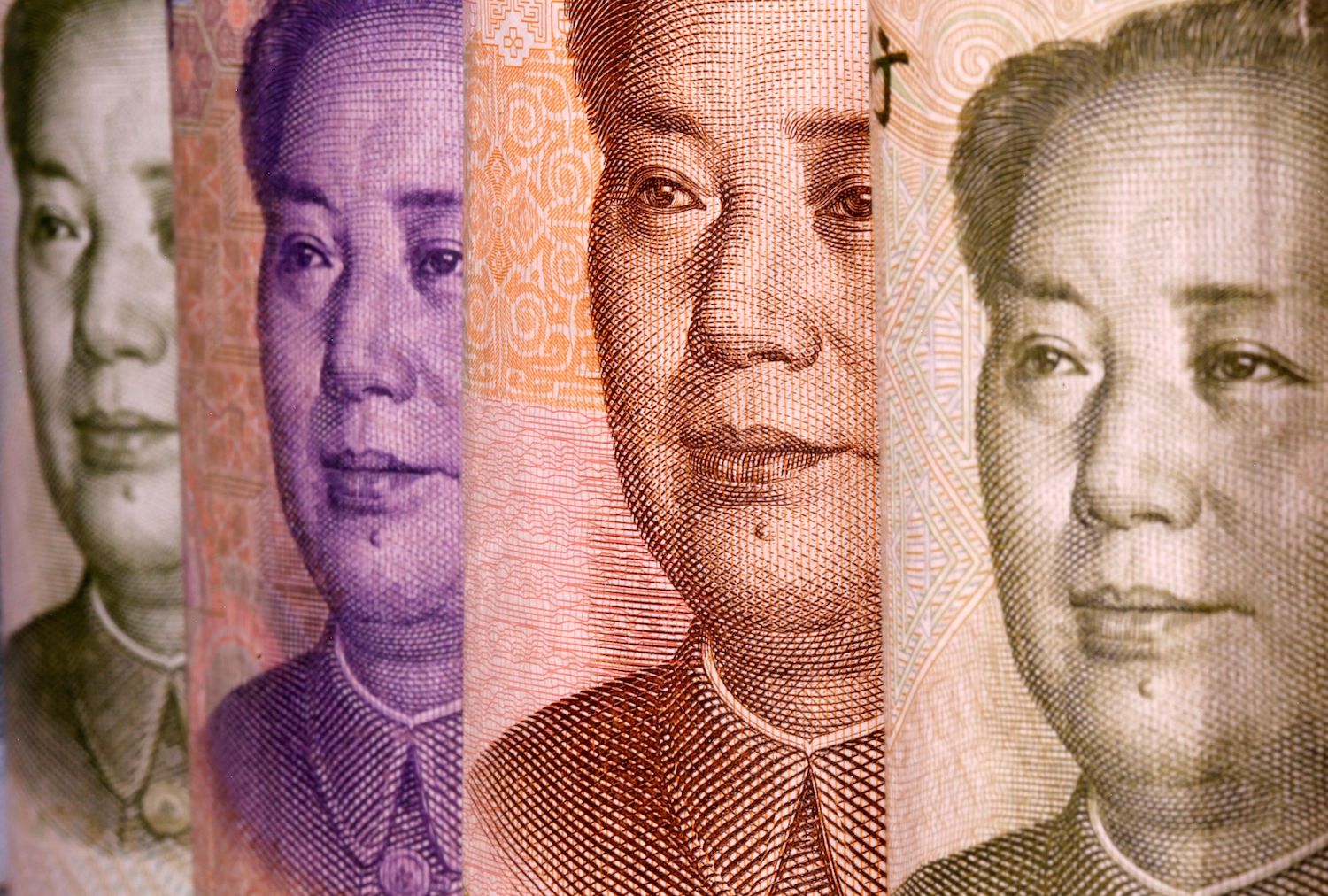China could become the first sovereign to issue fiat digital currencies, a move that will give the world’s second largest economy benefits that go beyond the financial arena. It will also help extend its influence on the global payment system, although it is too early to gauge the extent of impact on the global reserve currency.
The race to gain pole position has intensified with a recent article in a People’s Bank of China (PBOC) magazine declaring the right to issue and control digital currencies will become a “new battlefield” for competition among sovereign nations.
Ever since the launch of a pilot test in four cities in April, global interest has intensified about the advantages of the digital currency.
The initial group of the big four state-owned banks – Industrial and Commercial Bank of China (ICBC), China Construction Bank, Agricultural Bank of China, and Bank of China – were joined by Postal Savings Bank of China and China Citic Bank in the internal testing of the digital currency.
“Blockchain-based platforms provide improved protections against money laundering and terrorist financing risks – governments around the world see this as a significant advantage,” OSL CEO Wayne Trench said.
“The actions taken by China now could pay dividends in the future, increasing the pace of worldwide adoption and normalising digital assets and blockchain.”
OSL, a member of BC Technology Group, was recently given an approval-in-principle by Hong Kong’s SFC for its application to operate a virtual-asset-trading platform under a licence.
Paper money brings problems of anonymity but this can be obviated when using Central Bank Digital Currencies (CBDC). Once funds have entered the CBDC platform, their movement will be completely traceable and this transparency stays until the funds leave the platform and return to the commercial banking system.
Major advantage
This is a major advantage over physical cash and if the use of CBDCs gains wide public acceptance it could lead to a shift away from physical notes and coins, putting more pressure on the shadow economy.
“The DCEP has the potential to create a more efficient and more consistent global payments platform,” Trench said.
“In the longer term, it also has the potential to promote the creation of suitable infrastructure for a freer flow of capital across borders, and as a result, may reduce dependency on a single global reserve currency over time.”
DCEP is a centralised, sovereign-issued digital currency with all the functions of traditional money. It is a form of central bank digital currency (CBDC).
The currency is referred to as the Digital Currency Electronic Payment (DCEP) because of the two-stages where firstly commercial banks convert their central bank deposits into digital currency and the subsequent stage where it is distributed to consumers. Deposit holders would download a digital wallet onto their mobile phone and make transfers to it from their accounts.
This replicates the way physical cash is distributed.
While its ambition of dethroning the US dollar is a long-term goal, China will certainly push forward internationalisation of the yuan currency via increased cross-border usage of its digital currency .
And while there is no timeline for the launch of the digital currency, there is little doubt about China’s leadership in this arena.
“China has already embraced digital payments and leads the space globally. The DCEP could potentially be a natural extension of its leadership in mobile and digital payments, and a powerful use-case study of digital currencies,” said Trench.
“CBDC’s will result in a change in consumer behaviour. In the same manner in which payment and settlement rails have changed from gold, to paper notes, plastic cards, and finally mobile and contactless payments, CBDC’s like the DCEP are the next natural progression of value transfer.”
























